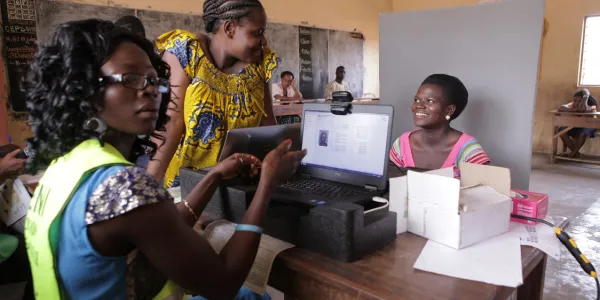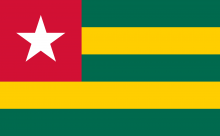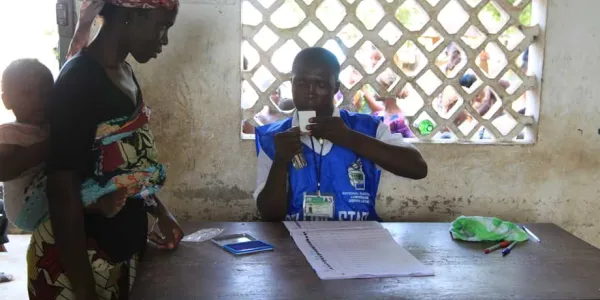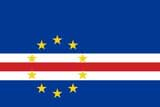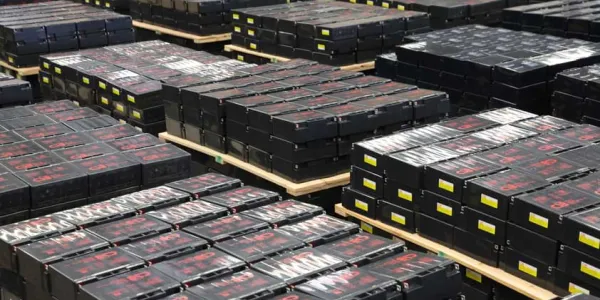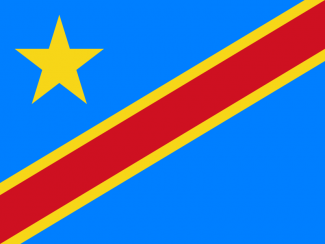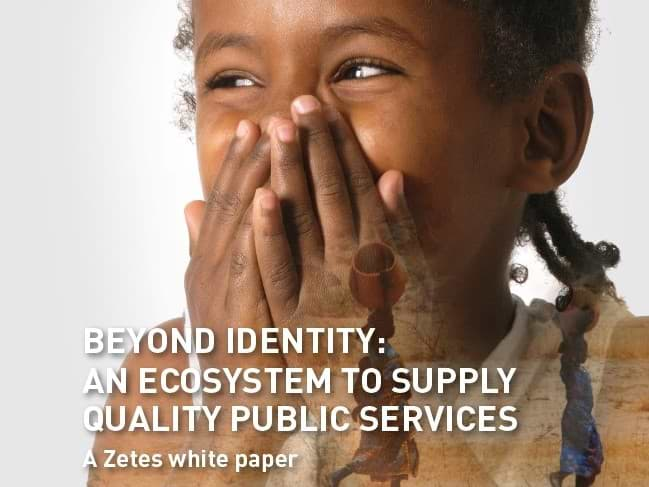Preparing for its 2015 presidential election, the Togolese government called upon ZETES – for the fourth time. The company had first administered the country’s voter registration programme in 2007, using both fingerprint and facial biometrics. Building on this success, it was entrusted for subsequent voter registration exercises in 2010 and 2013. And now, the task involved updating the database of more than three million citizens in just 6 weeks, ready for voting.
|
Key figures
Project timeline – 2014-2015
|
Preparing for its 2015 presidential election, the Togolese government called upon ZETES – for the fourth time. The company had first administered the country’s voter registration programme in 2007, using both fingerprint and facialZETES carried out the entire process, beginning by producing, transporting and installing 1,675 enrolment kits (some adapted from the preceding projects and some new equipment). At each enrolment site, the company set up teams of operators, using the ‘training pyramid’ where those trained by ZETES then trained others. The operators were all employed by ZETES’ customer, Togo’s Independent National Electoral Commission (CENI). In total, around 3,300 local people joined the project, undergoing strict certification: only those who passed the test at the end of the training could work on the enrolment kits. These certified staff were entered onto their own biometric database, using fingerprint recognition to ensure only qualified individuals could operate the enrolment equipment. Supporting the operators, ZETES also trained and certified a pool of 60 technicians.
Processing enrolment data from day one
Every day, the biometric data collected at each enrolment site was transported physically, on CD-ROM, to the central processing site in Togo’s capital, Lomé. This is where the intensive process of cleaning the database took place. ZETES deduplication software, based on algorithms from specialist developer, Neurotechnology, compared fingerprint and facial data to identify possible double entries. Then a 40-man strong adjudication team used the ZETES web-based tool to work through these simultaneously, deciding whether each duplication was a genuine error or potentially fraudulent. Of course, these are extremely important decisions, so CENI was responsible for the adjudicators. ZETES trained and supervised them, but CENI authorised them. As an extra safeguard, all duplicates deleted from the database were still logged through the rest of the registration process – so if any disputes arose at a later stage, the records still existed to help resolve them.
Producing voters’ cards on the spot
ZETES can produce voters’ cards in two ways: at the time and place of enrolment, or centrally after deduplication. In Togo, producing at enrolment was the most efficient method, avoiding the need to send out the cards to voters in time for the election. If this meant anyone had more than one card, the adjudication process ensured duplicate cards would be refused when voting.
Voters’ lists for public scrutiny
Following deduplication, ZETES published voters’ lists for every town and village around the country. These lists were exhibited in public places, giving everyone the opportunity to check they were properly registered. Another useful aspect of this stage of the process was the chance it gave each citizen to see who else was on the list – and to tell the authorities if they believed it included someone who should not be there (for example, if they were too young or not from Togo). In such cases, the claim was investigated, and, if necessary, a new list published before the election.
The whole enrolment and registration process was completed successfully once again and the Togolese government extremely happy with the work. This fourth contract was an excellent pledge of loyalty and attested to the quality of the comprehensive solution proposed by ZETES for projects of this importance.
